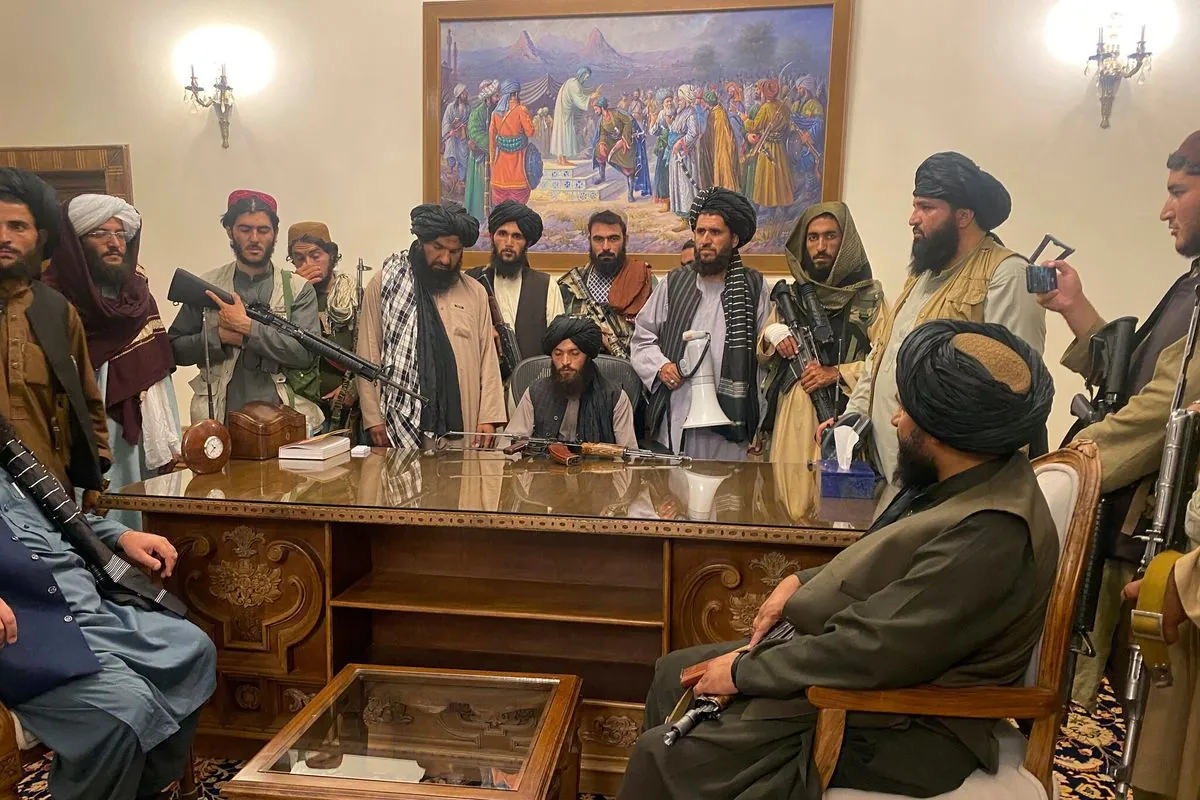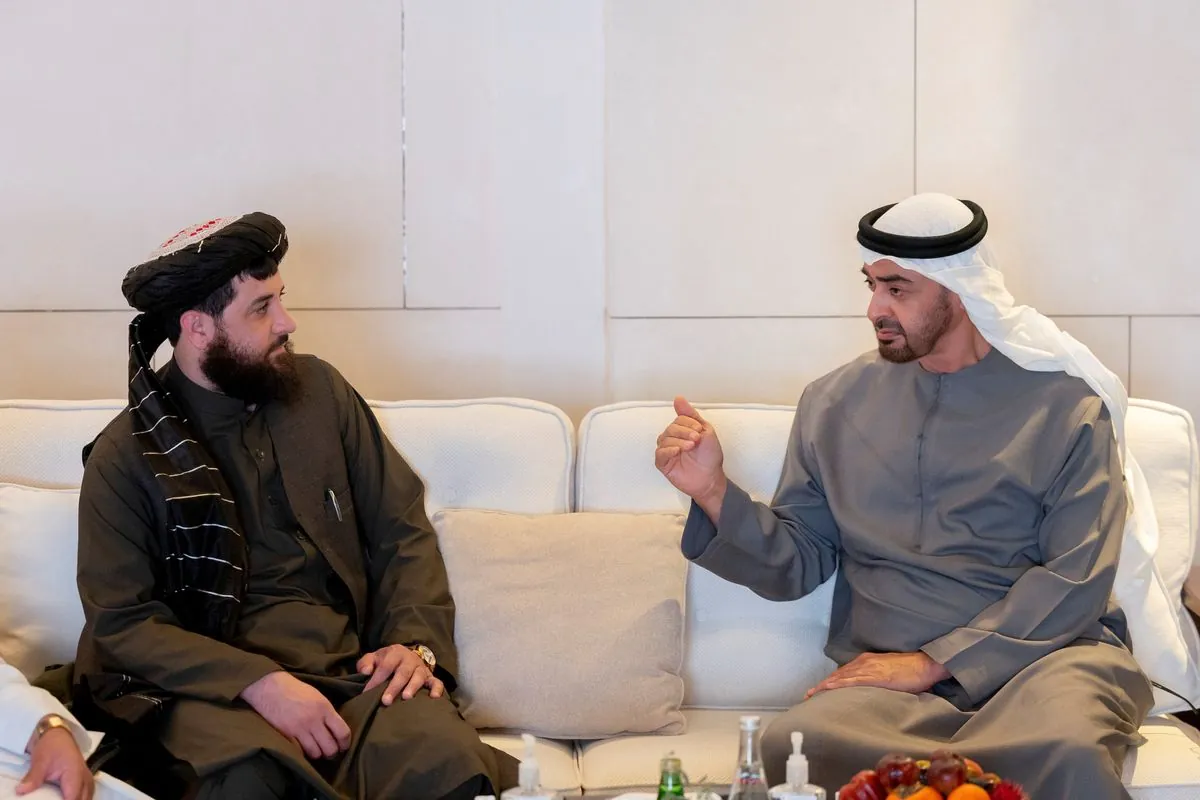Taliban's 3-Year Rule: Challenges and Controversies in Afghanistan
Three years after seizing power, the Taliban face governance hurdles, economic woes, and international scrutiny. Despite no official recognition, they engage with major powers and maintain control.

Three years have passed since the Taliban assumed control of Afghanistan, marking a significant shift from insurgency to governance. This transition has been marked by the imposition of their interpretation of Islamic law and efforts to solidify their claim to legitimacy.
Despite the lack of international recognition as Afghanistan's official rulers, the Taliban have managed to secure high-level meetings with major regional powers such as China and Russia. They have even participated in United Nations-sponsored talks, while Afghan women and civil society representatives were excluded from these discussions.
The Taliban's internal structure resembles a pyramid, with the supreme leader at the apex. Mosques and clerics form one side of this structure, while the Kabul administration implements clerical decisions and engages with foreign officials on the other. This system has created an uneasy coalition between ruling hard-liners and political pragmatists, resulting in what some experts describe as an internal "culture war."

The group's most controversial policies, particularly those affecting women's rights and freedoms, are unlikely to be reversed under the current supreme leader, Hibatullah Akhundzada. It's important to note that in the Taliban's system, supreme leaders do not retire or resign but lead until death.
"The Taliban are unified and will remain a political force for many years. They rule as one group, they fight as one group."
Economically, Afghanistan faces significant challenges. In 2023, foreign aid constituted approximately 30% of the country's GDP. The United Nations has provided at least $3.8 billion to fund international aid organizations over the past three years, with the United States remaining the largest donor, contributing more than $3 billion in assistance since the Taliban takeover.
The Taliban have implemented rigorous taxation measures, collecting around $2.96 billion in 2023. However, this amount is insufficient to meet the country's complex needs. The group's ban on female education and most employment has removed half of Afghanistan's population from contributing to the economy through spending and paying taxes.
In terms of diplomacy, the Taliban have sought to engage with regional powers and the international community. Their relationships with China and Russia are particularly significant, as both are permanent members of the UN Security Council. Gulf nations have also been engaging with the Taliban, hedging their bets on the group's future.
While the Taliban claim to have secured Afghanistan through checkpoints and armed forces, the country is not safe for all its citizens, particularly women and minorities. Civilian casualties from suicide bombings and other attacks persist, with the Islamic State group repeatedly targeting the mostly Shiite Dasht-e-Barchi neighborhood in Kabul.
As the Taliban continue their rule, the international community remains divided on how to engage with the group. The coming years will likely see ongoing challenges in governance, economic stability, and human rights issues in Afghanistan under Taliban control.


































